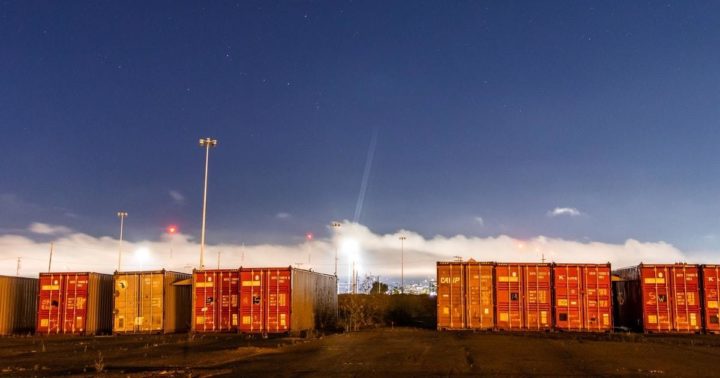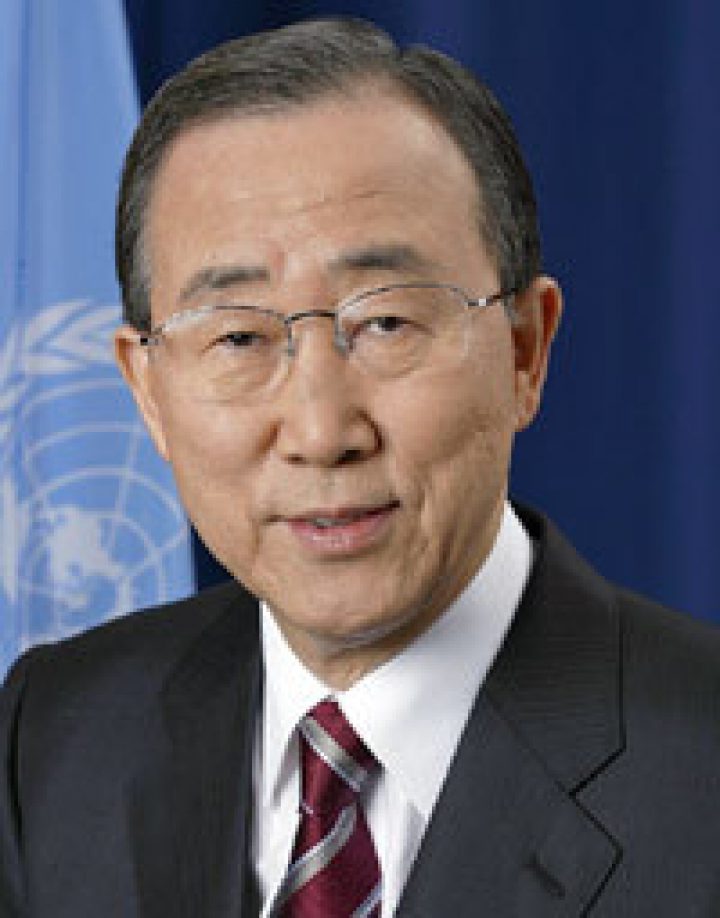UK Export Finance funding abroad
Is the UK's export credit agency undermining the country's international and domestic climate commitments?

By John Lang
Share
Last updated:
What is UKEF and how does it fund international energy projects?
Working closely with the Department of International Trade, UKEF helps UK companies access loans, insurance or bank guarantees that encourage international trade. Operating in 72 countries, UKEF’s mission is ‘to ensure that no viable UK export fails for lack of finance or insurance, while operating at no net cost to the taxpayer’. In 2019/20 UKEF provided £4.4bn in support for UK exports to 69 countries.
In recent years there has been growing criticism of UKEF support for fossil fuels. In summer 2019, EAC stated that UKEF support for £2.6bn worth of fossil fuel projects over the previous five years — the vast bulk of which went to low- and middle-income countries — compared with just £104m for renewable energy over the same time period. It concluded that this was ‘unacceptably high’ and risked locking in reliance on fossil fuel infrastructure. Shortly after the EAC released its report, UKEF announced its 2018/19 figures showing support for fossil fuel projects increased eleven-fold to £2.05bn from £183m the previous year.
However, in 2019/20 UKEF did include two landmark green energy projects in its portfolio:
- UKEF supported its first ever offshore-wind projects, enabling British companies to win wind farm contracts in the Taiwan Strait with more than £300m of support
- UKEF helped Jaguar Land Rover gain a £500m loan to support the company’s continued investment into research and development of its electric vehicles - the first deal for UKEF of this kind.

What the EAC recommended
In its 2019 report, the EAC warned that UKEF funding streams undermined the UK’s international climate and development targets, all the while exposing taxpayer money to risks of stranded assets as the world transitions away from fossil fuels.
The EAC published a series of recommendations, including:
- UKEF’s support for new fossil fuel projects abroad should stop by the end of 2021
- the UK Government should mandate how UKEF will work towards net zero emissions by 2050 and support UK climate leadership
- UKEF should, at a minimum, introduce a cap on fossil fuel lending, citing the Swedish Export Credit Corporation (SEK) which caps fossil fuel operations at 5% of total lending
- UKEF should follow recommendations by the Task Force on Climate-related Financial Disclosures (TFCD), including quantifying and reporting exposure to stranded assets.
The Government’s response
International trade secretary Liz Truss rejected the EAC’s top-line recommendation that investment in all fossil fuel projects should end by 2021, saying the move would be ‘too abrupt’. Frustrating the ‘just transition’ for UK workers and energy security in developing countries were also given as reasons to continue with oil and gas. However, in July 2019, the Department for International Trade did announce that UKEF would strengthen its assessment of climate-related risks in line with TCFD recommendations.
In January 2020, Prime Minister Boris Johnson announced an immediate end to the use of UK taxpayers’ money to support coal mining and coal-fuelled power stations in developing countries, but made no indication that UK funding for international oil and gas energy projects would end in the foreseeable future.
Other demands for change
In January 2020, a joint investigation of BBC Newsnight and Greenpeace revealed UKEF had financed £6bn of fossil fuel projects over the last 10 years. Once operational, these projects — including in Brazil, Kuwait, Iraq, Ghana and India — could emit up to 69m tonnes of greenhouse gas emissions every year, equivalent to one-sixth of the UK’s annual emissions.
In March 2020, Global Witness filed a complaint with the OECD against UKEF alleging its financing of fossil fuel projects worldwide contravenes the Paris Agreement and that the agency should be reporting on its emissions. It accused the UK government of ‘rank hypocrisy’.

What are other nations' export credit agencies doing?
As well as its 5% limit on fossil fuel operations, Sweden’s export credit agency, SEK, has a commitment to cease support of fossil fuel exploration and extraction by 2022, and increase support for low carbon projects. In 2018, fossil fuels made up less than 1% of SEK’s total lending. Denmark’s agency, Eksport Kredit Fonden, has not explicitly committed to limits on oil and gas but has not funded an oil project since 2017. In 2018, 70% of its guarantees and loans were for wind projects.
Canada’s export credit agency has a dedicated climate change policy, a dedicated clean technology subsidiary (FinDev) and a greenhouse gas monitoring and reporting scheme in place from 2020 — but, as yet, no limit or phase out commitment for oil and gas.
Latest developments
In July 2020, UKEF controversially agreed to finance £810 million for a liquified petroleum gas (LNG) project in Mozambique, to be led by French oil company Total. The UK government said the project would protect 2000 UK jobs and generate significant revenue for Mozambique.
Just days later, and in light of the controversial project’s approval, Boris Johnson ordered a review of the use of government export finance for fossil fuel projects around the world, identifying concerns over potential damage to the UK’s reputation on climate change in the lead up to the 2021 UN climate summit in Glasgow.
Five months after committing to ending finance for coal, in December 2020 the Government broadened the commitment to all fossil fuel projects overseas as soon as possible. This means that effectively the UK has stopped funding fossil fuels abroad "with very limited exceptions".
Share